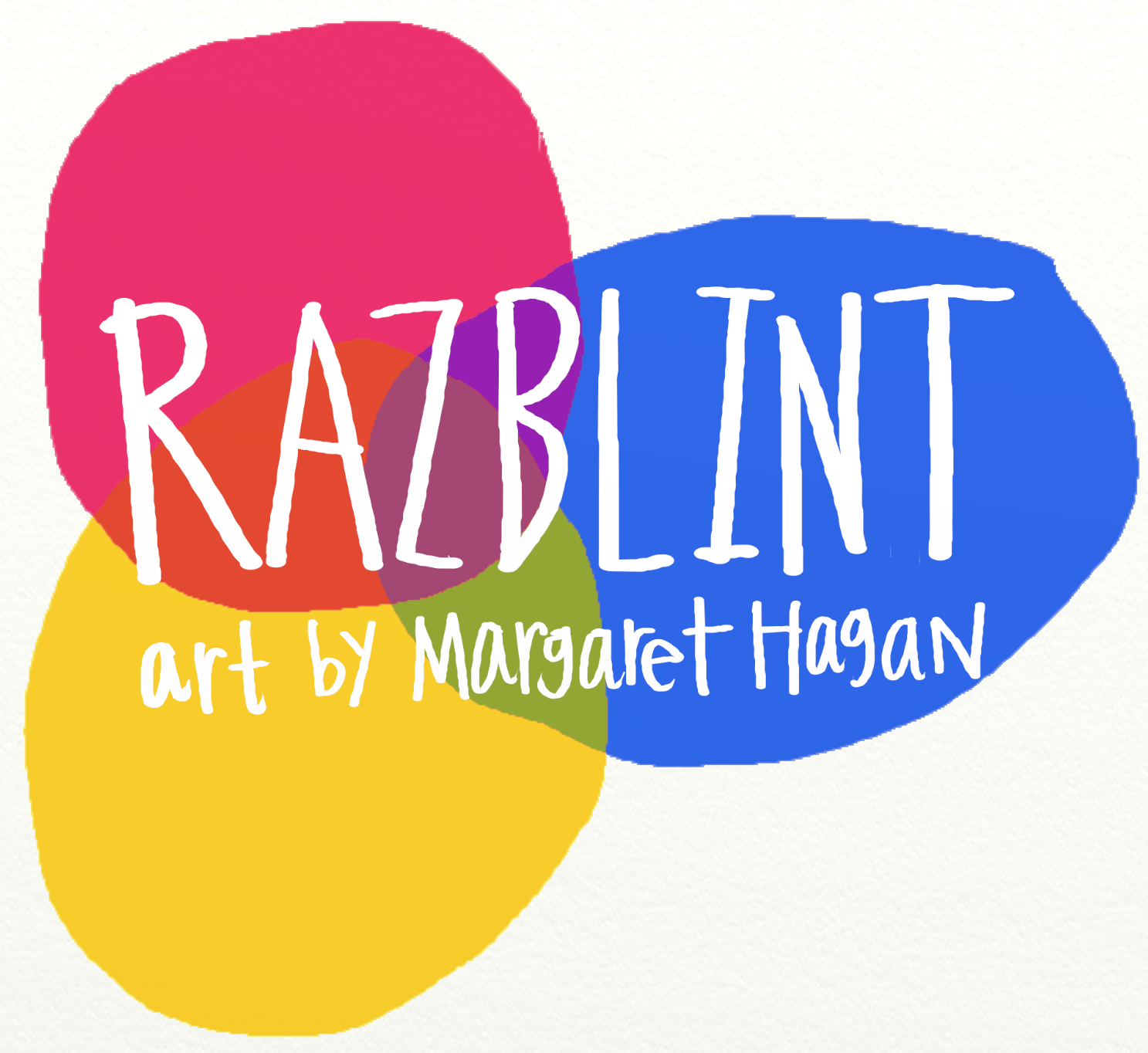 A comic explanation of the current Collusion add-on for Firefox, that lets you see what companies are tracking you online — in an interactive, personal map, that grows as you browse. Mozilla engineers built it, and now our Stanford Ideas for a Better Internet team is working with them — and CS students — to build it up into an even better beta version. More user control, more interactivity, more legible visuals of who is watching you, and what they know about you…
A comic explanation of the current Collusion add-on for Firefox, that lets you see what companies are tracking you online — in an interactive, personal map, that grows as you browse. Mozilla engineers built it, and now our Stanford Ideas for a Better Internet team is working with them — and CS students — to build it up into an even better beta version. More user control, more interactivity, more legible visuals of who is watching you, and what they know about you…
(Click on any of the images belowto see more of the notes/ideas in detail…)




We’ll be having a hack-a-thon to develop a beta Collusion next weekend at Stanford, be in touch if you’re interested in helping build it up!


2 Comments
It’s awesome to hear that Collusion is moving forward. I think shipping it in Firefox would be a privacy game-changer.
Here are some ideas for your consideration (which I also proposed last time we discussed Collusion within Mozilla):
1) Audio support. At the moment it’s difficult to surf, and see the effect in Collusion, at the same time. If, when Collusion was open in a background tab, you got a “bloop” when a new tracker got added, and an increasingly higher-pitched “bloop” as an existing one got more and more connections, it would be easily to associate particular site loads and clicks with additional tracking, and lead people to a very useful sense that they were being watched everywhere (which they are).
2) Change the lines to have “data” flowing along them in the direction of tracking info flow. Change the size of the blobs to increase as the number of connections increases and, over a certain size, add an icon and make them pulse slightly. You’ll end up with this wonderful “slurp, slurp” picture of a big fat Doubleclick spider in the middle of her web, sucking in information. 🙂
3) Distinguish between over-time tracking and single loads, perhaps using black lines and grey lines. If I’m on a site and it loads an image from 3rd party site but there’s no cookie, that’s less tracking than if there is a cookie so they can detect if the same person comes back again.
Gerv
That is awesome! I will add your suggestions in. If you want to come to this Saturday’s Hack-a-thon at Stanford University, Arillaga Alumni Center, 1pm onwards, we’ll be working on building Collusion up! Just let me know if you’re interested, and we’ definitely include your notes! Thanks 😀 Margaret